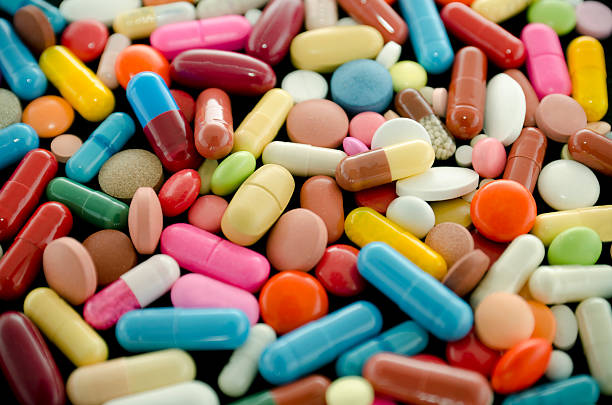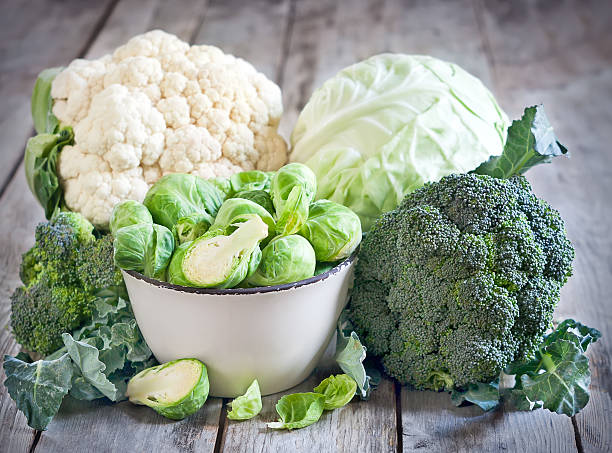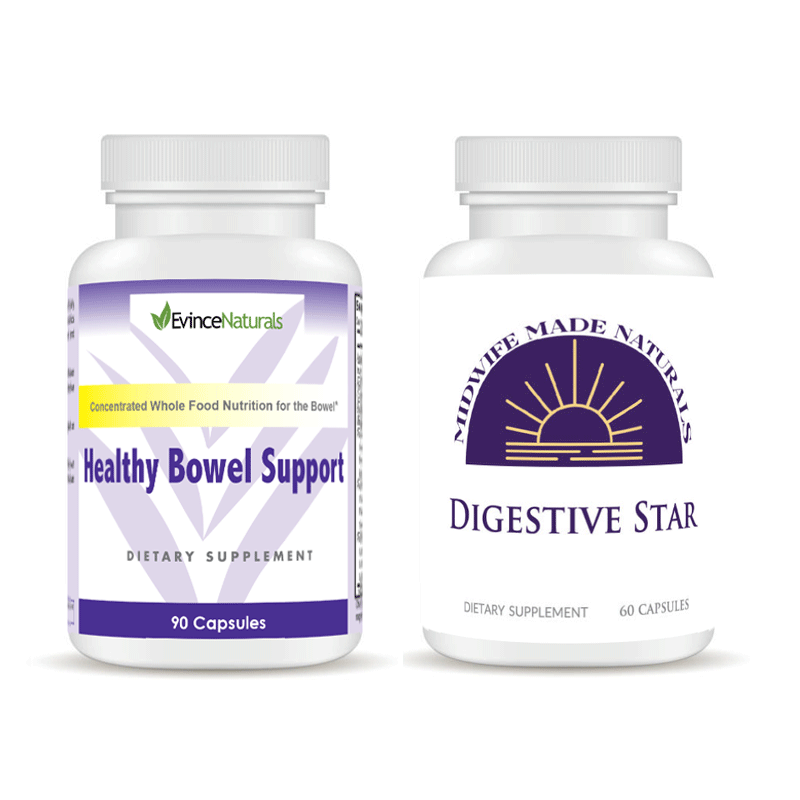HOW ANTIBIOTIC OVERUSE CAN DISRUPT THE BODY’S MICROBIOME AND TRIGGER ISSUES
Written by Ambi Dev
|
In the world of medicine, antibiotics have long been hailed as a miracle cure for bacterial infections. They have saved countless lives and revolutionized healthcare. However, the indiscriminate use of antibiotics comes with a hidden cost – the disruption of the body's natural microbiome. This intricate ecosystem of microorganisms, living in symbiosis with our bodies, plays a crucial role in maintaining our health. Fortunately, we have tools to restore this balance, including probiotics, prebiotics, and a healthy diet.
How antibiotics' unintended consequences can affect the digestive system
Antibiotics are undeniably a vital tool in modern medicine. They combat bacterial infections effectively and have contributed to the dramatic increase in human life expectancy. However, these powerful drugs are not without consequences. Antibiotics are indiscriminate in their approach, targeting both harmful and beneficial bacteria in the body. This broad-spectrum assault can significantly disrupt the balance of the microbiome, leading to a host of potential problems.
One of the most immediate consequences of antibiotic use is the disruption of the gut microbiome. Our gut houses trillions of microorganisms, including bacteria, viruses, fungi, and more. These microorganisms are responsible for various functions, such as digesting food, producing essential vitamins, and maintaining the gut lining's integrity. Antibiotics can upset this balance, leading to digestive issues like diarrhea, bloating, and cramping. They can also aggravate already-present issues like diverticulitis, IBS, and ulcerative colitis.
Beyond digestive discomfort, antibiotic-induced microbiome disruption can have far-reaching consequences. The microbiome is intricately linked to our immune system, and its imbalance can weaken our defenses against pathogens. It can also lead to an increased risk of developing allergies, autoimmune diseases, and chronic conditions like obesity and diabetes.
Repairing a damaged microbiome
The good news is that the damage caused by antibiotics is not irreversible. We have at our disposal several tools to help restore the microbiome and promote overall health. Probiotics, prebiotics, and a healthy diet are key players in this process.
Probiotics are living microorganisms that provide health benefits when consumed in adequate amounts. They are commonly found in fermented foods like yogurt, kefir, sauerkraut, and kimchi, as well as in supplement form. Probiotics help replenish the gut with beneficial bacteria, aiding in the restoration of microbiome balance. They can be especially helpful after a course of antibiotics to repopulate the gut with good bacteria and reduce the risk of complications.
Prebiotics, on the other hand, are not living organisms but rather a type of dietary fiber that the beneficial bacteria in the gut feed on. They are found in foods like garlic, onions, leeks, and asparagus. Consuming prebiotic-rich foods helps stimulate the growth of beneficial bacteria, fostering a healthy microbiome. The combination of probiotics and prebiotics can work synergistically to rebuild the gut ecosystem.
A healthy diet is a fundamental component of microbiome restoration. A diet rich in fiber, fruits, vegetables, healthy fats, and lean proteins promotes the growth of beneficial bacteria while discouraging the proliferation of harmful ones. Diets high in sugar and processed foods can have the opposite effect, contributing to microbiome imbalance. It's crucial to consume a diverse range of foods to support a diverse microbiome, as different bacteria thrive on different nutrients.
In addition to probiotics, prebiotics, and a healthy diet, some lifestyle factors can also play a role in microbiome restoration. Reducing stress, getting regular exercise, and avoiding unnecessary antibiotic use are all beneficial for maintaining a balanced microbiome.
Research continues to discover the importance of a healthy microbiome
The restoration of a disrupted microbiome is not just a matter of personal comfort; it can be a matter of life and death. Researchers are increasingly discovering links between the microbiome and various health conditions. For example, studies have shown that a healthy gut microbiome can help reduce the risk of developing conditions such as inflammatory bowel disease, allergies, and even mood disorders like depression and anxiety.
As we become more aware of the importance of the microbiome, scientists are researching ways to further fine-tune our ability to restore and maintain this delicate ecosystem. This includes the development of next-generation probiotics that are specifically tailored to individual needs, as well as advanced diagnostic tools to assess the state of the microbiome more accurately.
In conclusion, while antibiotics have been an incredible boon to medicine, their overuse can lead to unintended consequences by disrupting the natural microbiome of the body. However, with the power of probiotics, prebiotics, and a healthy diet, we have the means to restore this balance. By nurturing our microbiome, we can reduce the risk of various health conditions and promote overall well-being. The key lies in understanding the delicate symbiosis between our bodies and the microorganisms within and how we can best support their harmonious coexistence.



Leave a comment
This site is protected by reCAPTCHA and the Google Privacy Policy and Terms of Service apply.